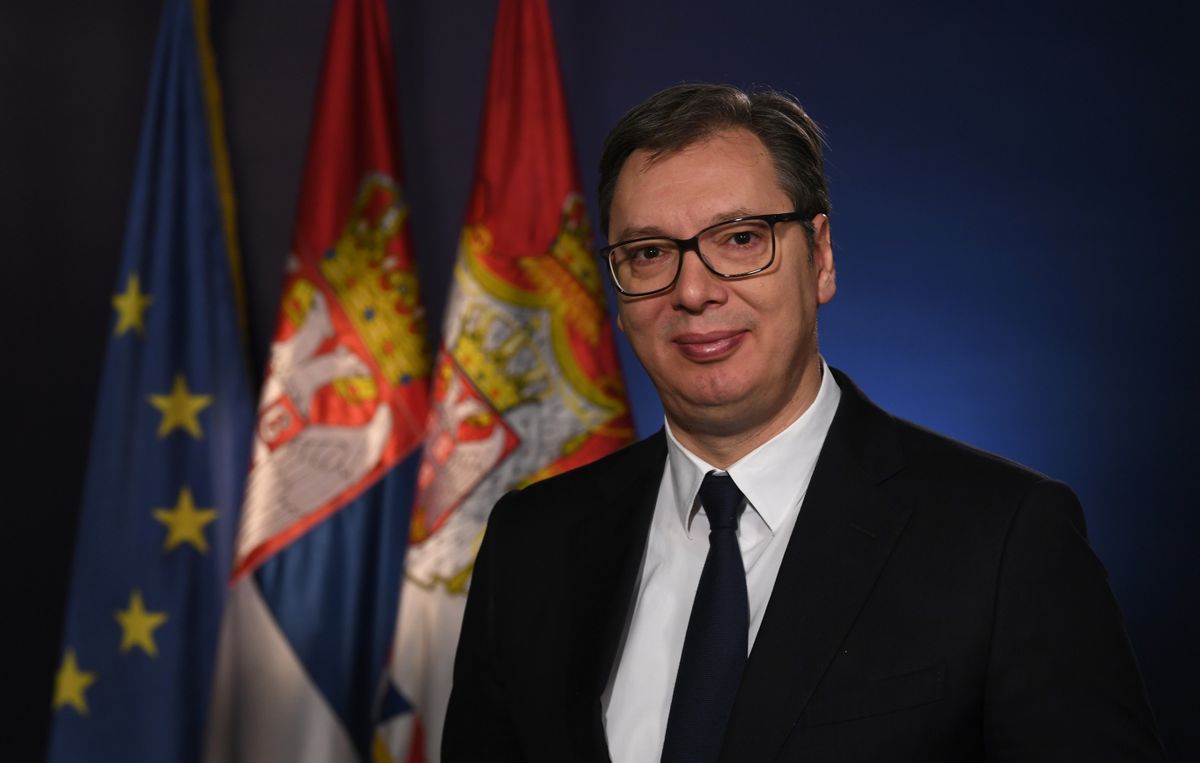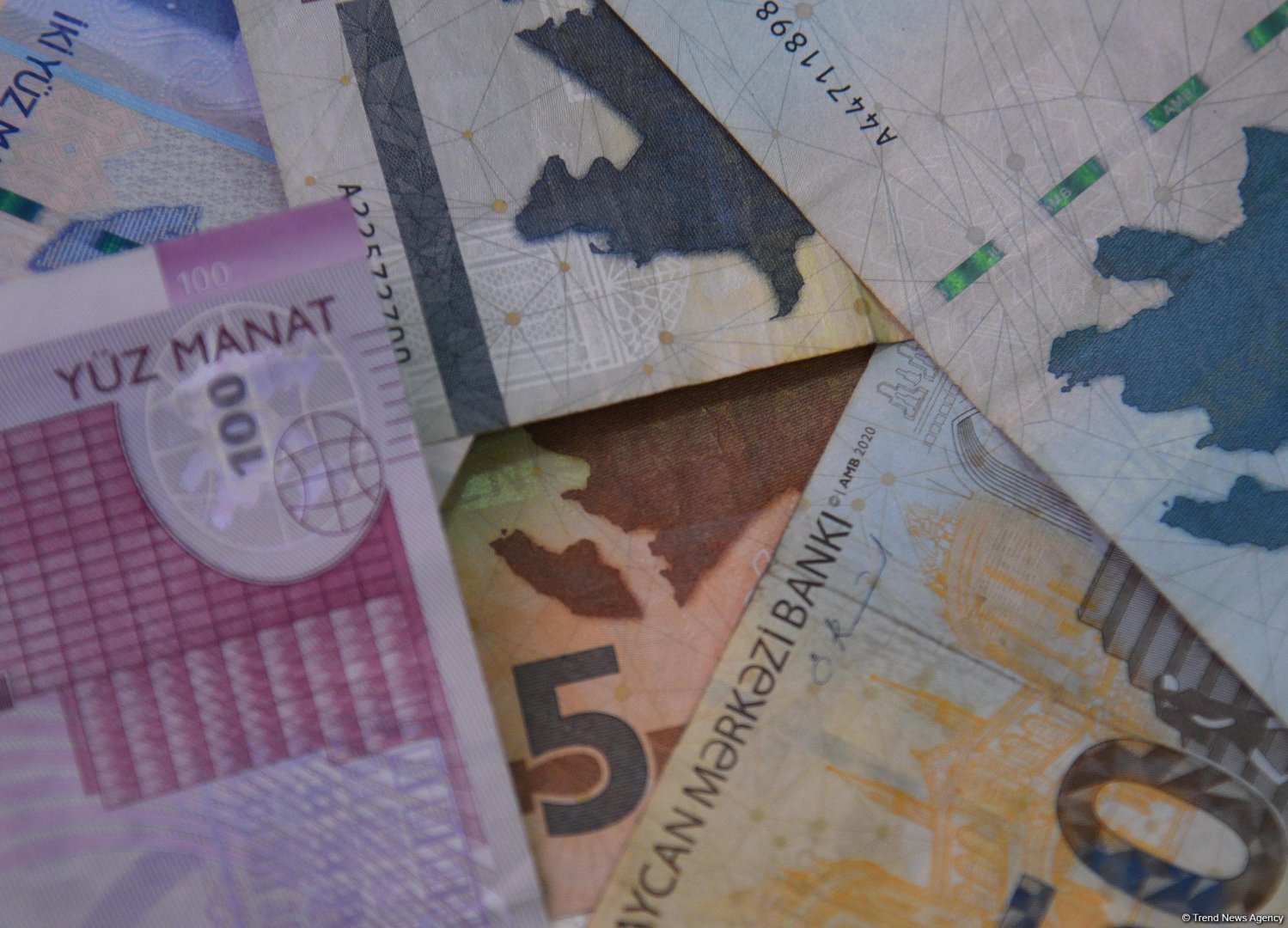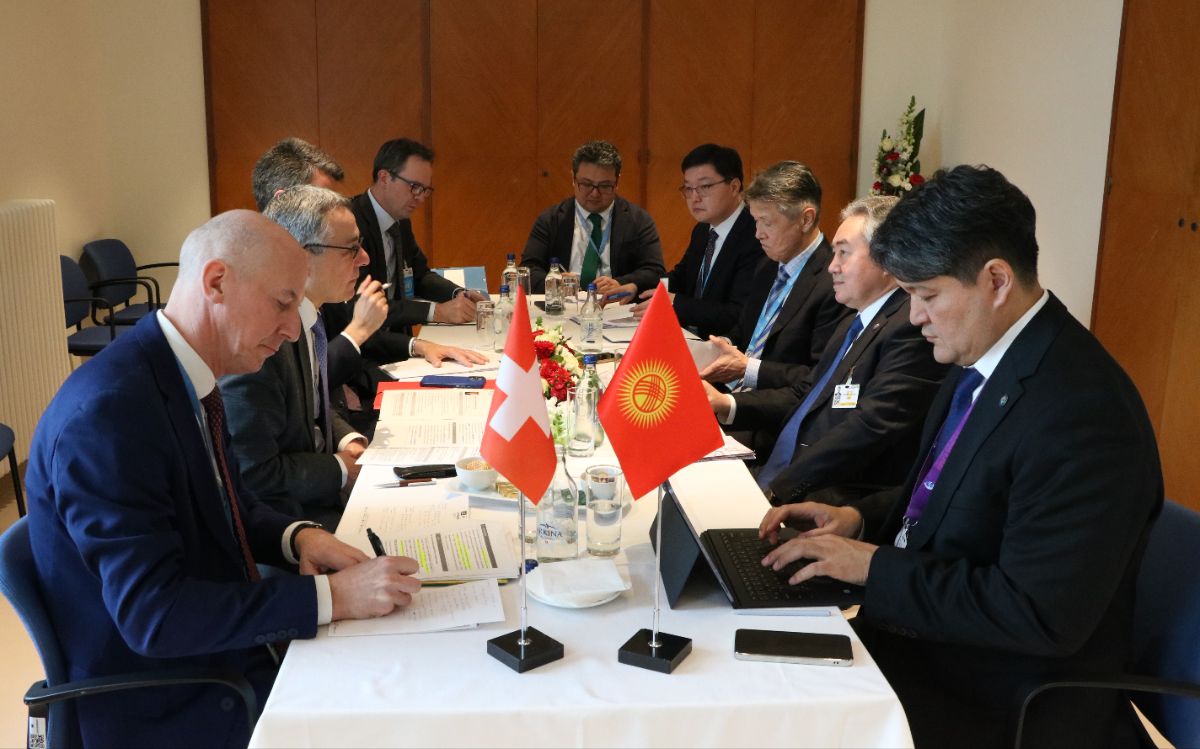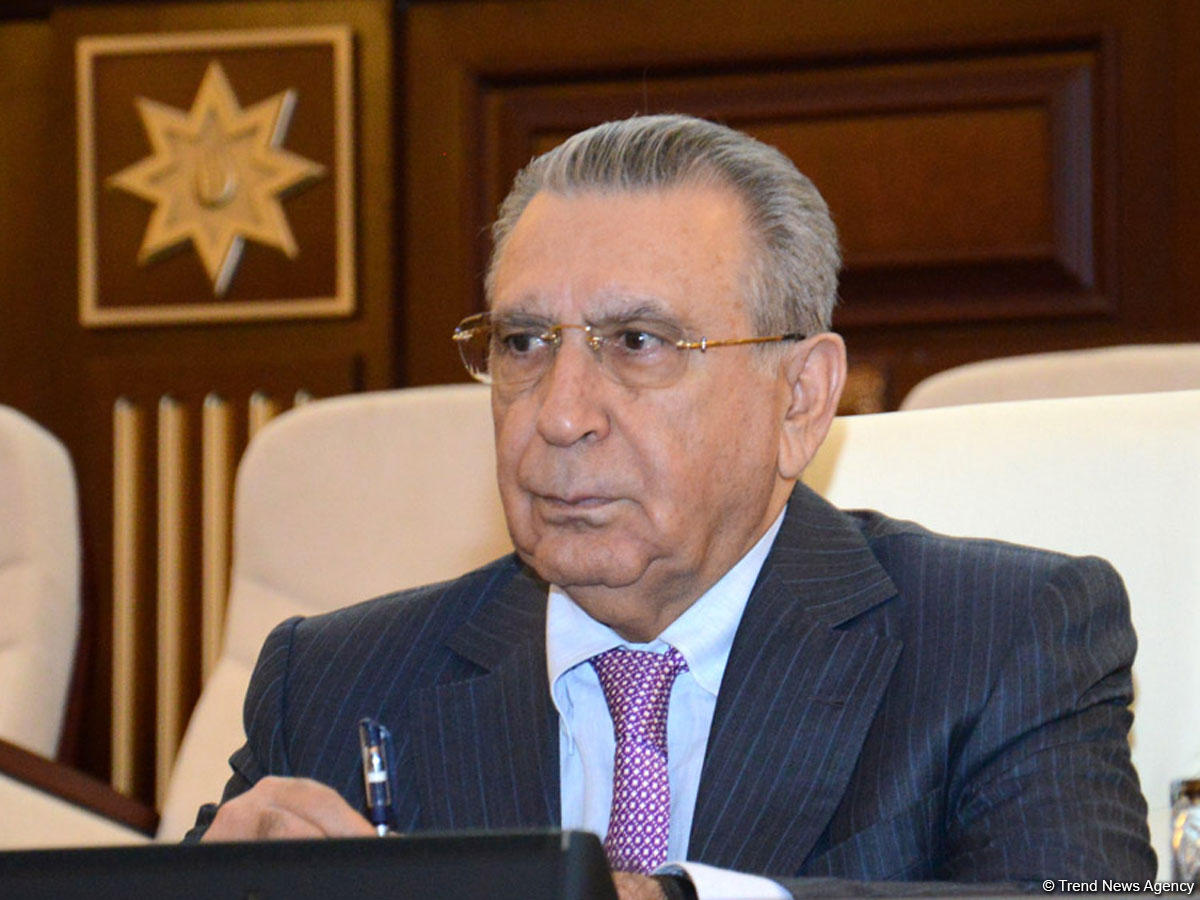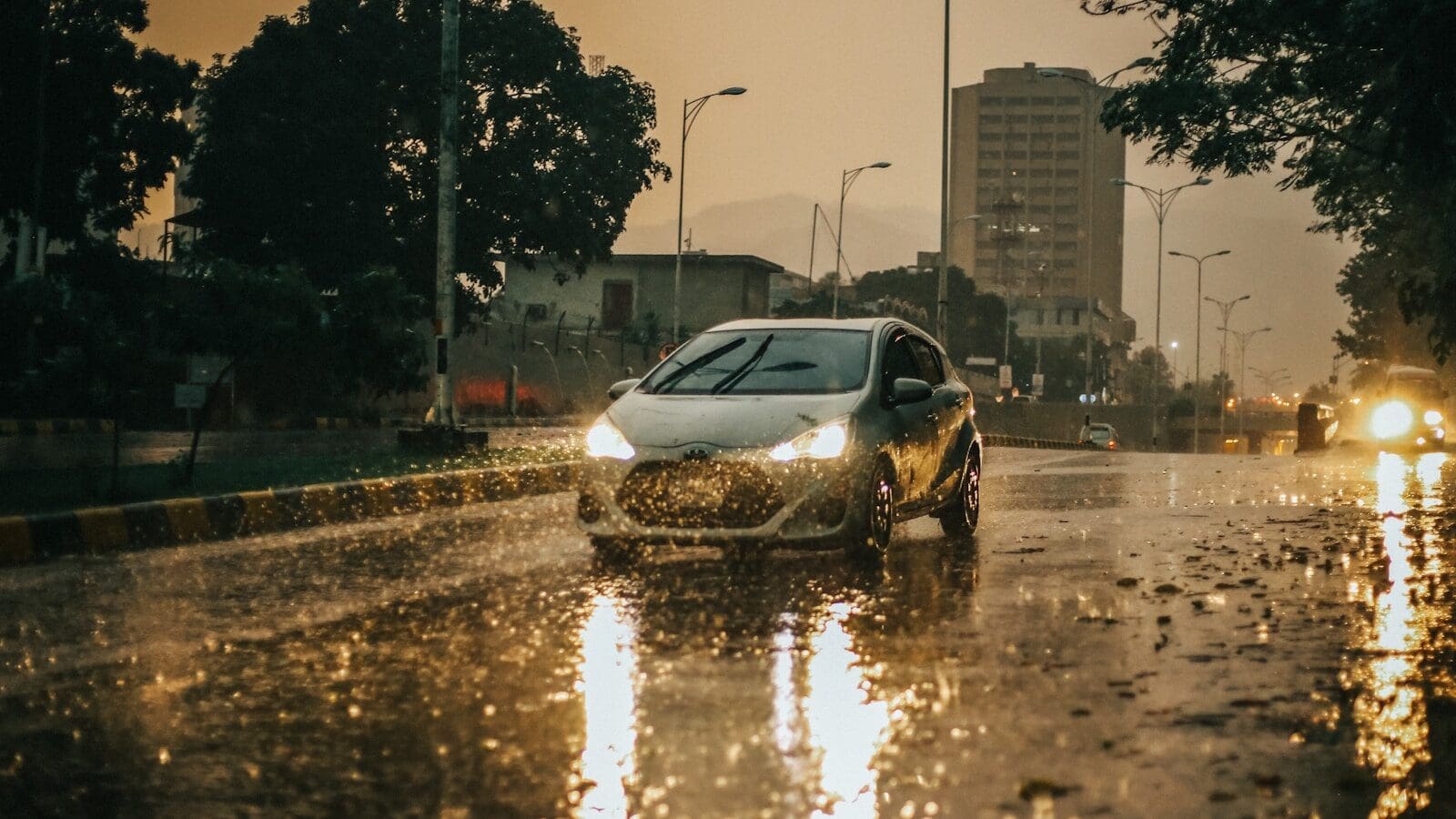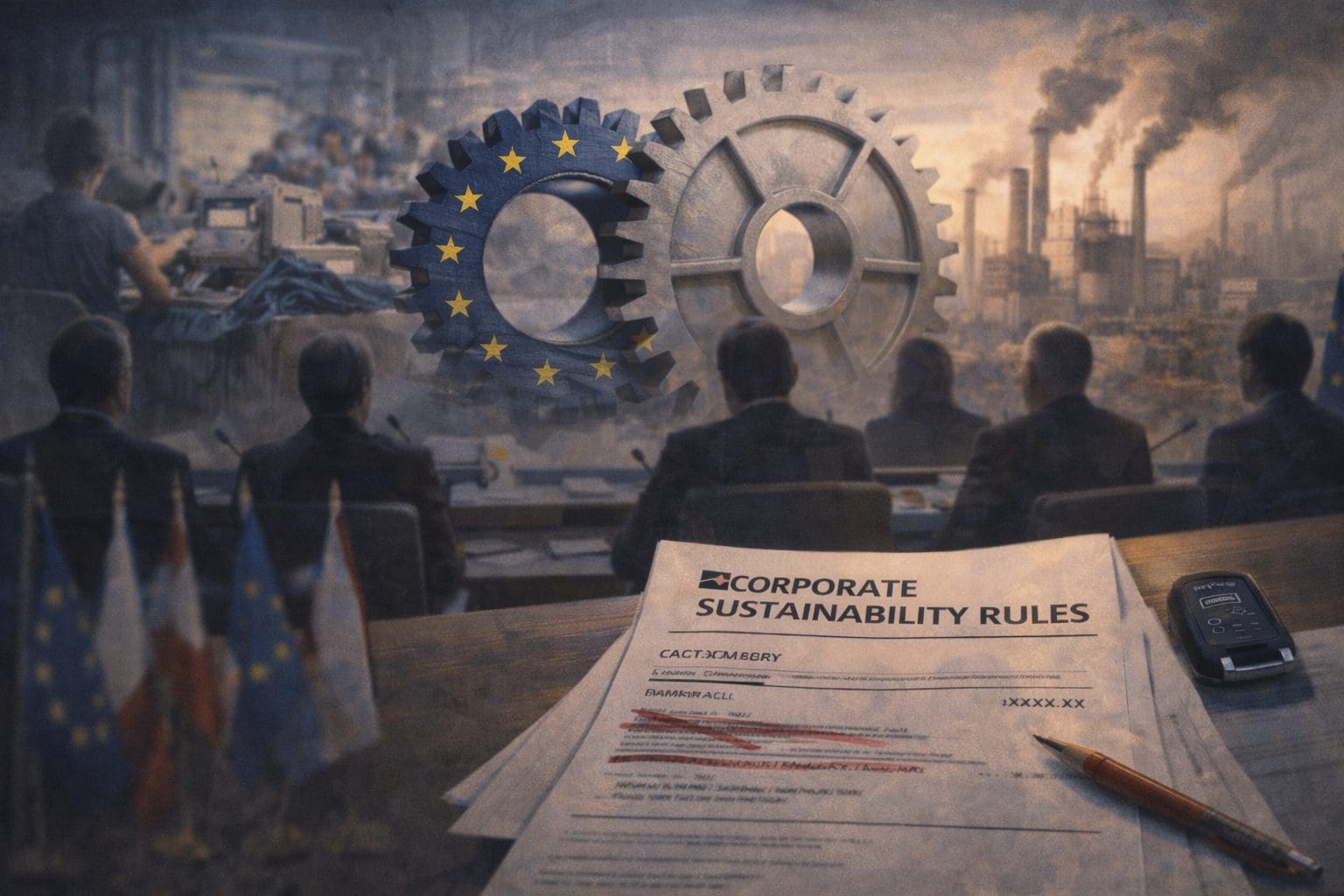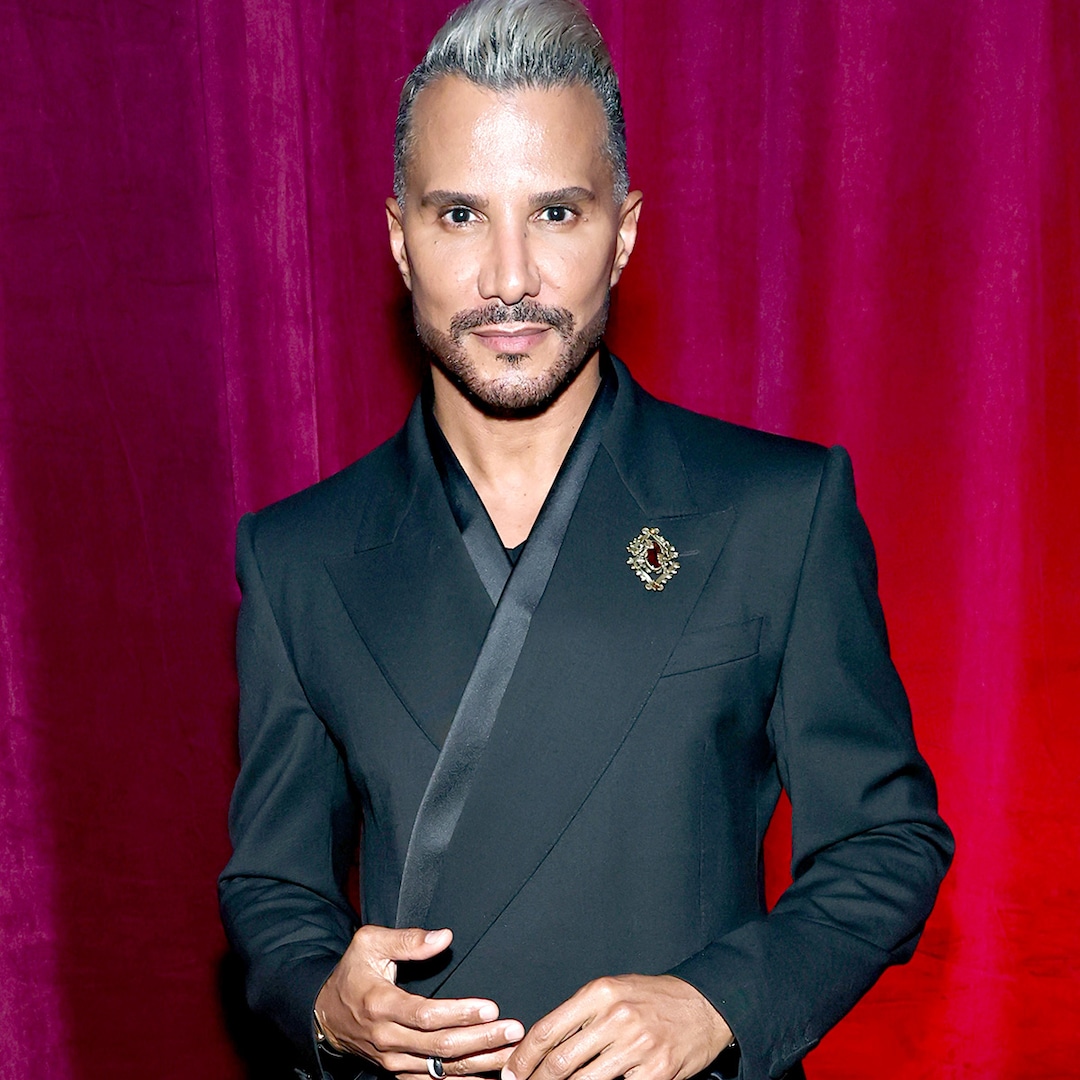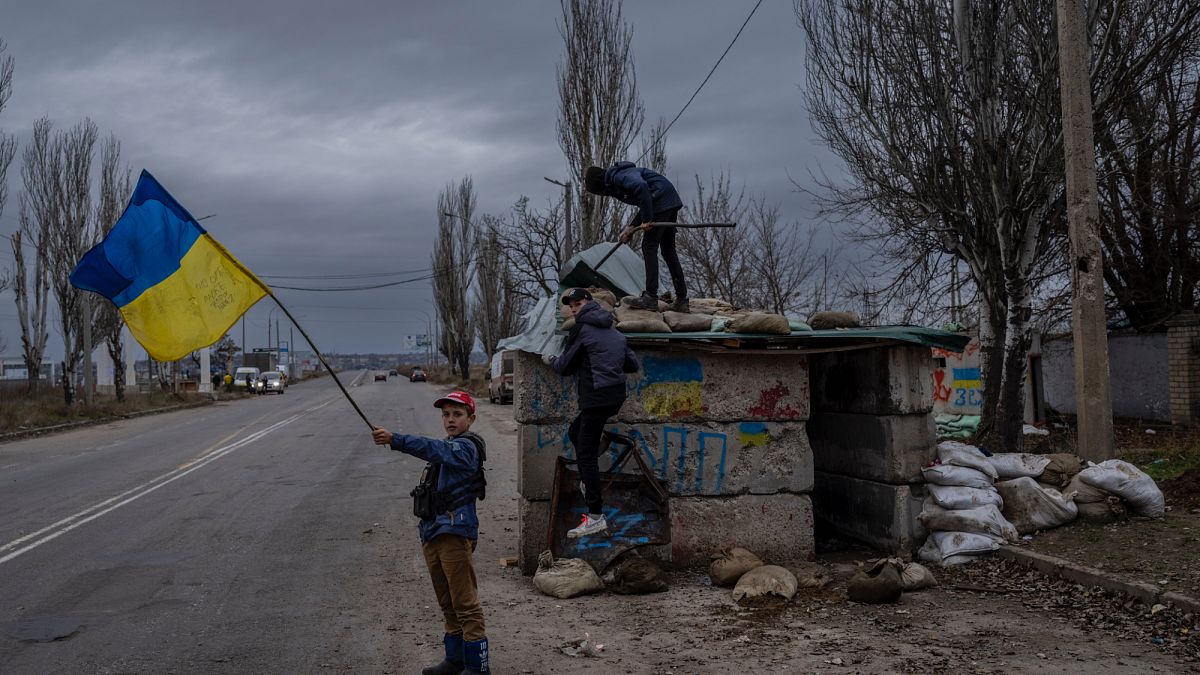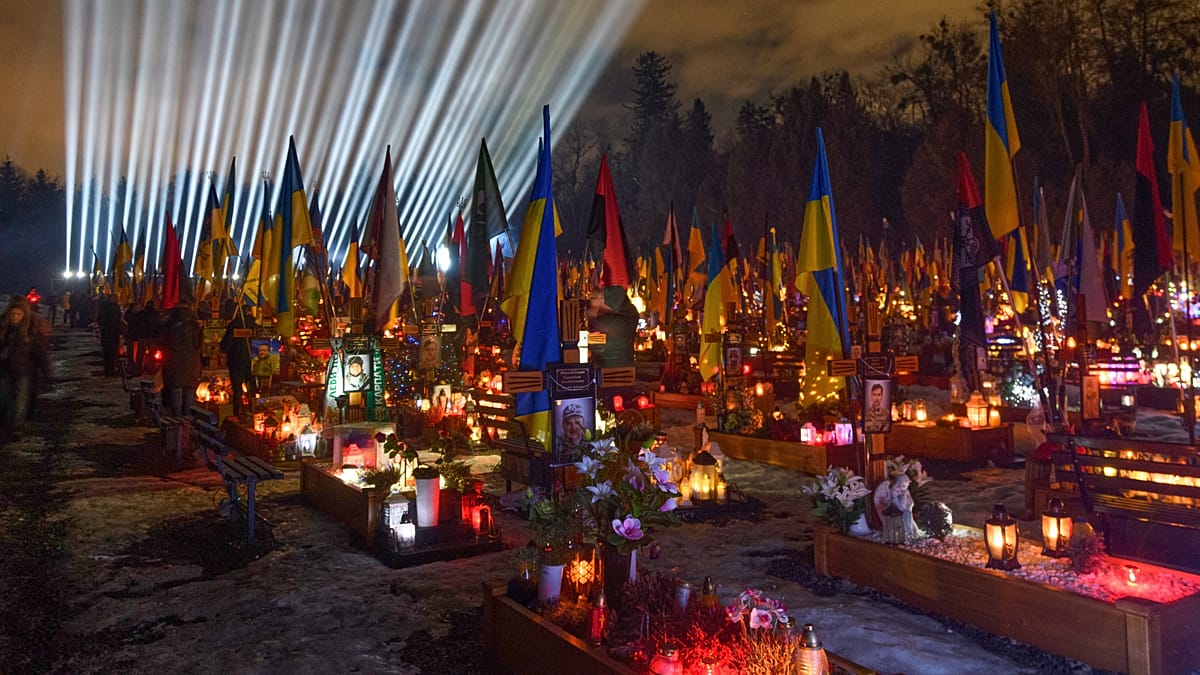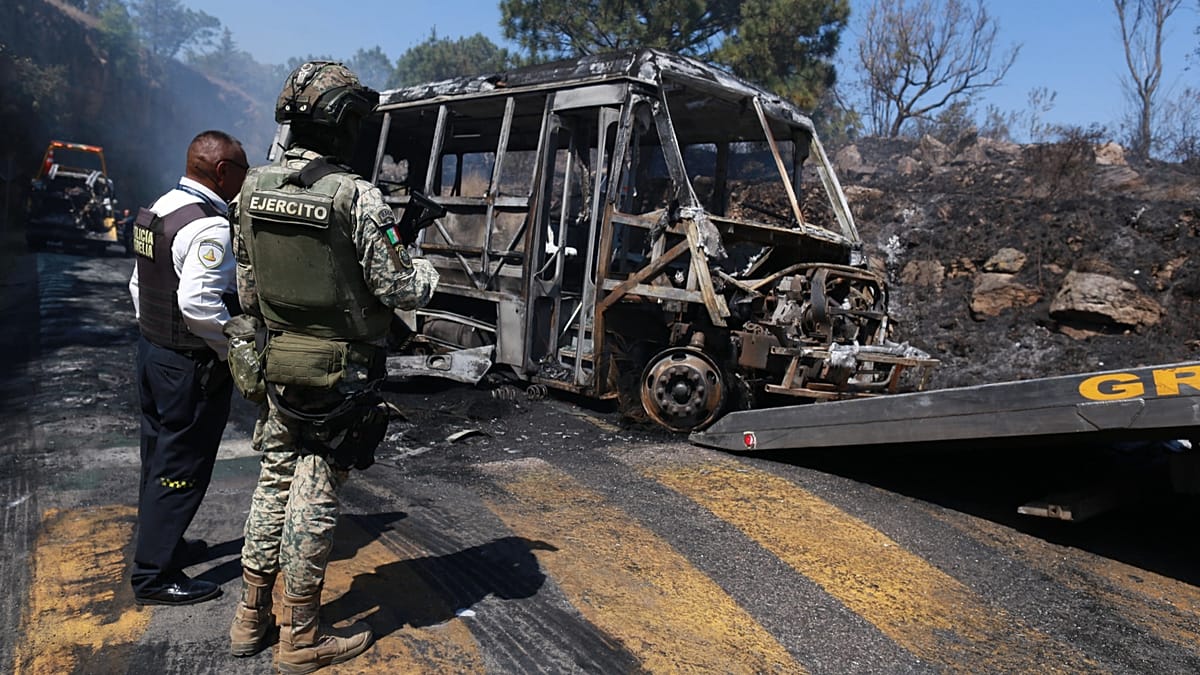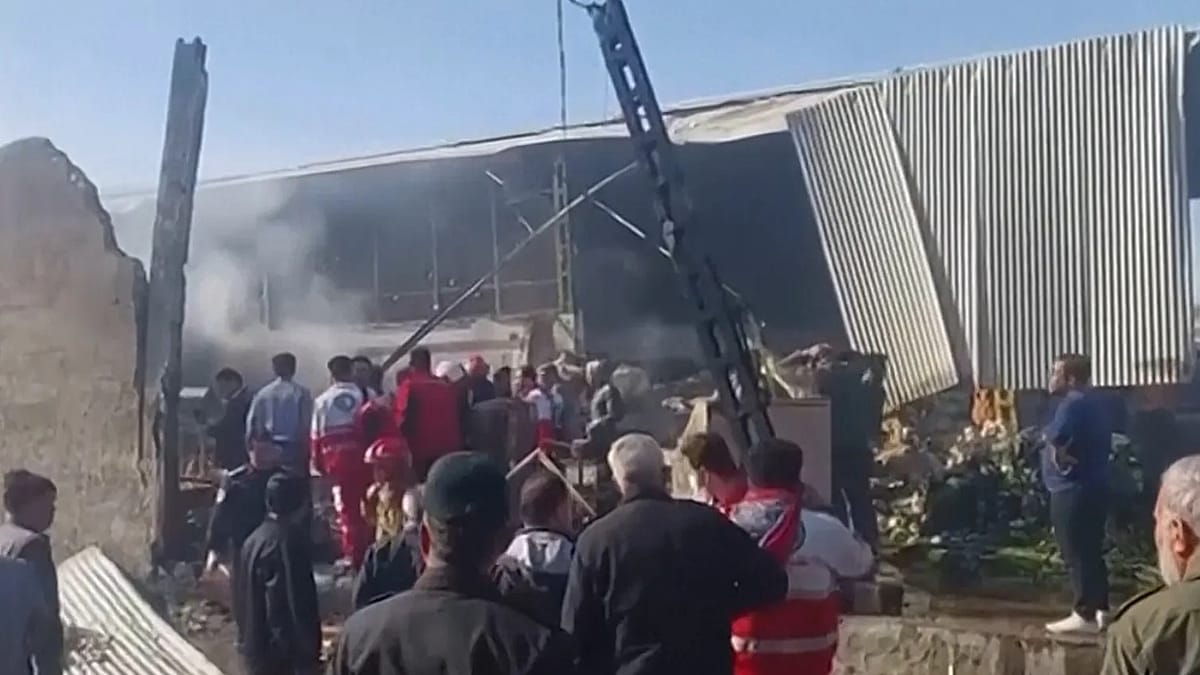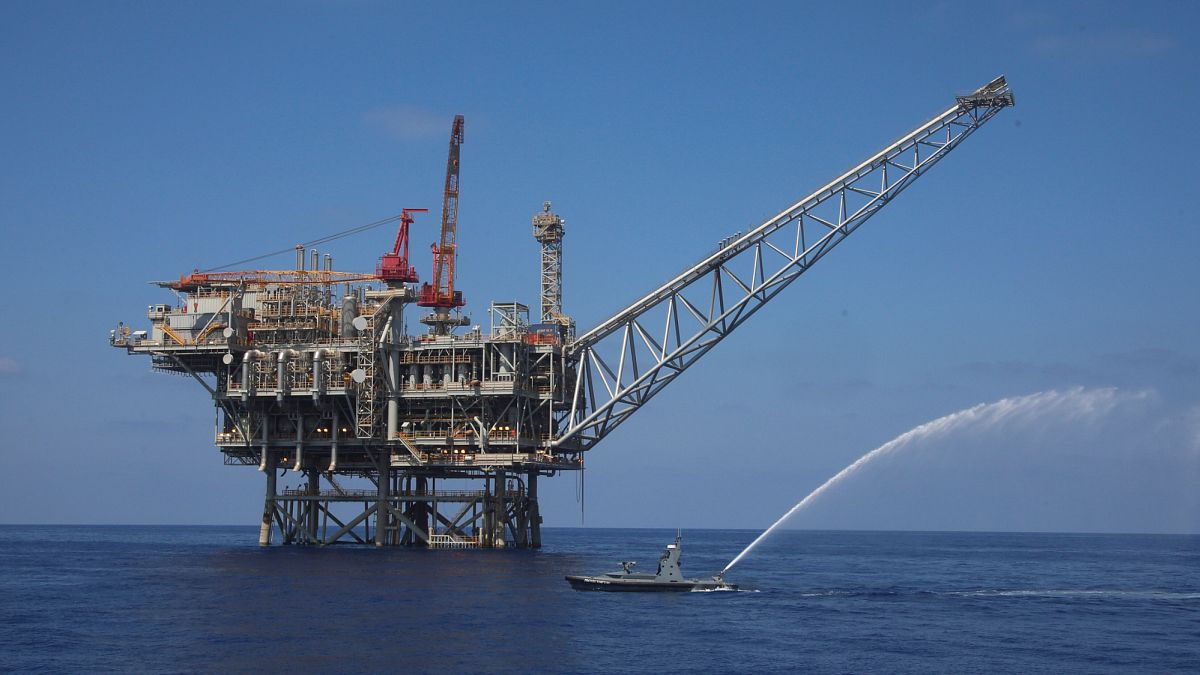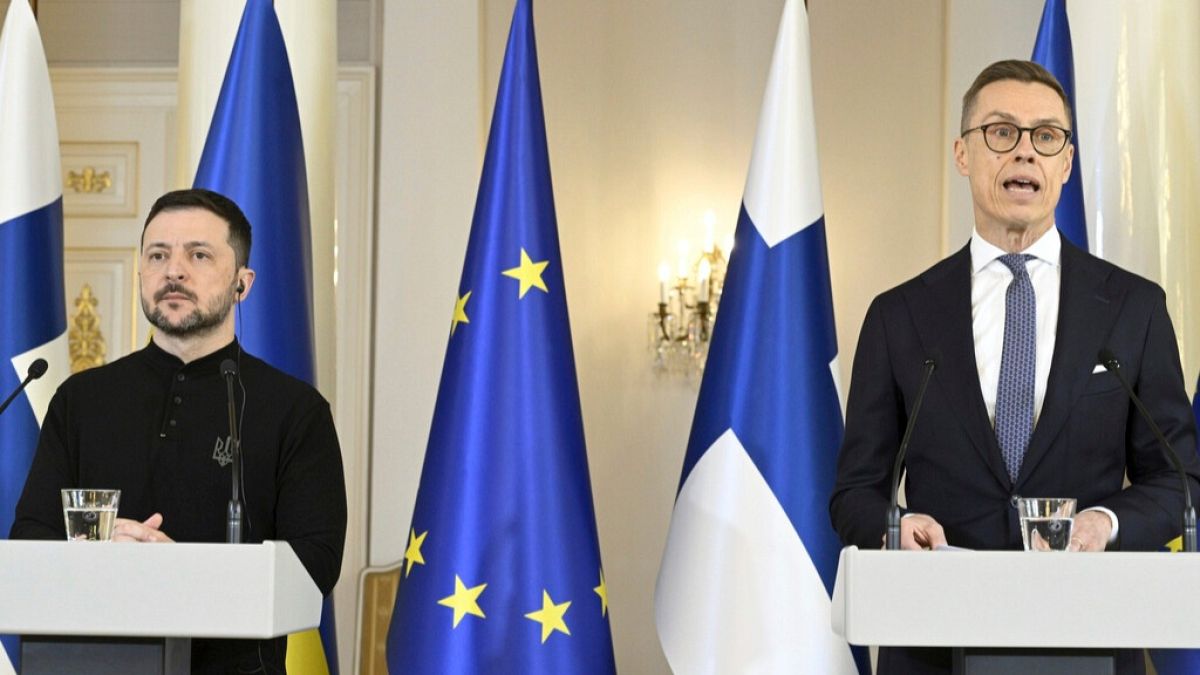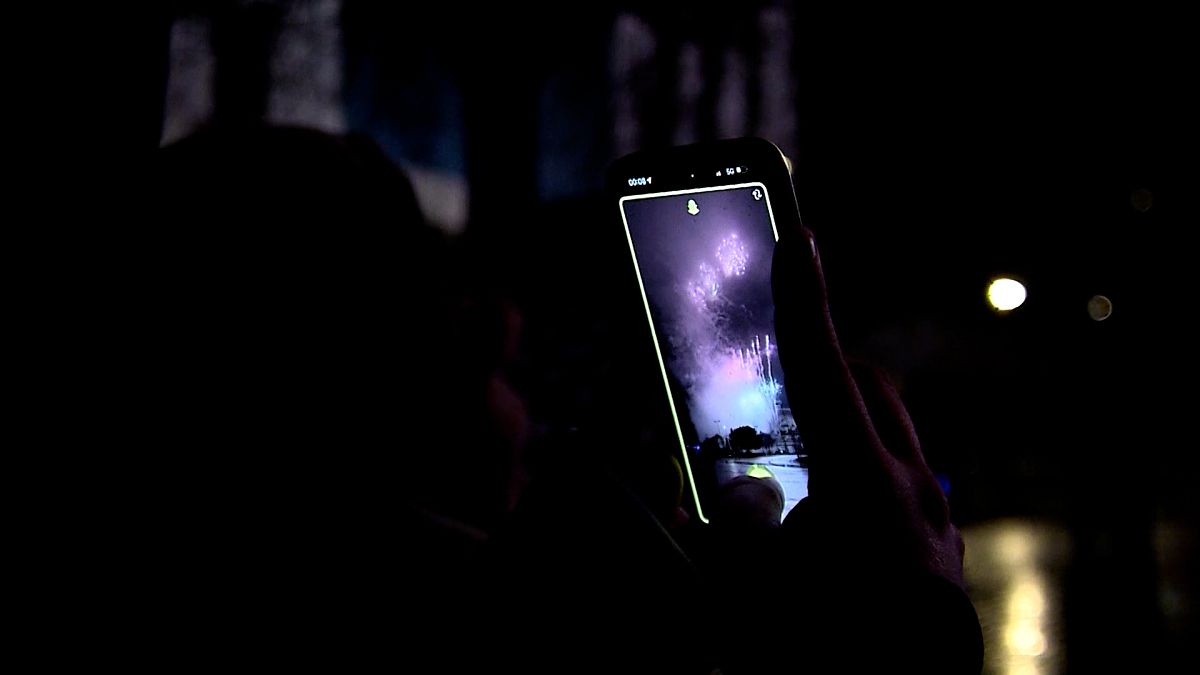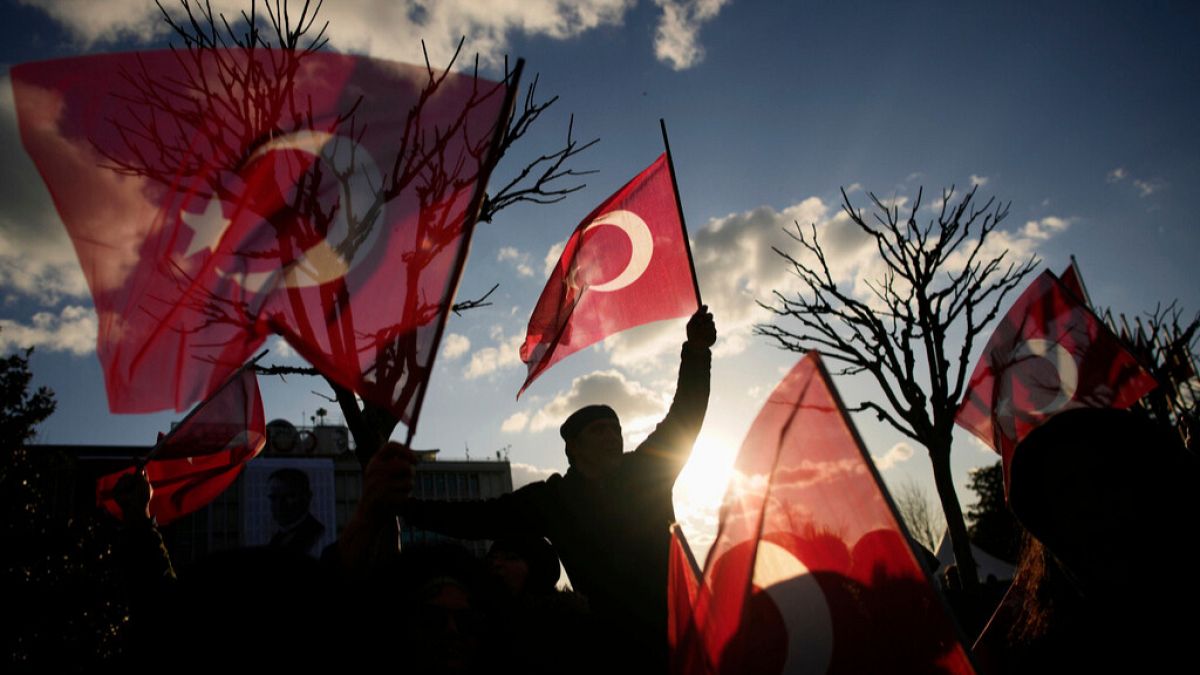Europe on the sidelines? EU seeks stronger role in the future of Gaza

In the wake of a US-brokered peace deal, the EU is under mounting pressure to redefine its role in the Middle East. The European Commission and Parliament have signaled a willingness to move from humanitarian aid provider to a more active political actor in post-conflict reconstruction and governance in Gaza.
The EU members, deeply divided since the attack by the militant Islamist group Hamas on Israel on October 7, 2023, now hope to regain a leading role in the implementation of the peace plan for Gaza. Ensuring peace in Gaza will be “extraordinarily complex”, EU foreign policy chief Kaja Kallas said on Monday. “The peace plan requires significant international support to succeed,” she stressed, and Europe wanted to contribute fully to this.
Encouragement and a bid for a seat at the table
At a formal ceremony in Egypt on October 13, the heads of state of the United States, Qatar, Egypt and Türkiye signed a document intended to consolidate the current ceasefire on the basis of US President Donald Trump‘s 20-point plan. It states: “Together, we will implement this agreement in a manner that ensures peace, security, stability, and opportunity for all peoples of the region, including both Palestinians and Israelis.” The specific measures to be taken to achieve this are not explained.
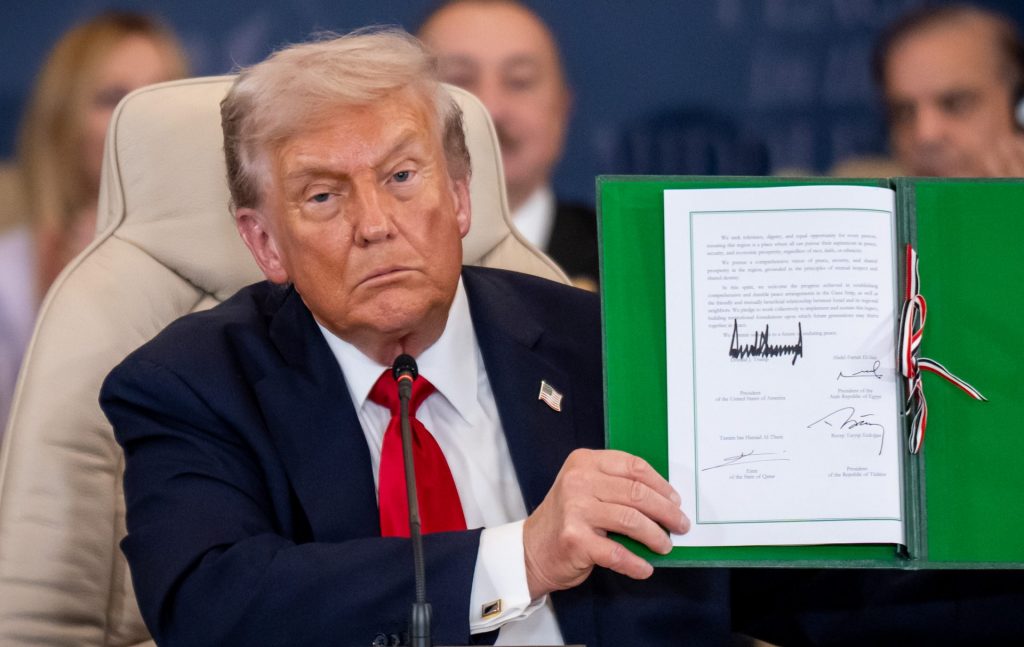
EU leaders broadly welcomed the peace plan. Commission President Ursula von der Leyen and the President of the European Council, António Costa, commended the efforts and stressed the importance of a permanent ceasefire. Von der Leyen noted that the EU would continue to support the rapid and safe delivery of humanitarian aid to Gaza. “And when the time comes, we will be ready to assist in recovery and reconstruction.”
Rebuilding Gaza will be costly: According to estimates, more than 55 million tons of rubble must be cleared from the coastal strip, said Jaco Cilliers from the United Nations Development Programme (UNDP) in Jerusalem. Over the next three years alone, this may cost some 17 billion Euro.
The EU has long been in favour of implementing the two-state solution, Palestinian and Israeli, as the only way to bring long-term peace to the Middle East. But to achieve this, the Palestinian Authority, which is currently very weak, must regain its credibility. The EU is committed to helping with its reform.
Bulgaria’s President Rumen Radev regards the peace plan as a chance for the EU: “It is here that Europe has the opportunity to play a key role and make a significant contribution to the rapid and full implementation of this plan. We remain firmly convinced of the need to implement the two-state solution as the only viable path to a lasting resolution of the conflict and the establishment of a just and lasting peace in the Middle East.”
Slovakia’s Foreign Minister Juraj Blanár said Bratislava’s diplomacy will “continue to intensify humanitarian efforts and provide political support for maintaining peace”.
Slovenian Foreign Minister Tanja Fajon said that while the first part of the US peace plan for Gaza is being successfully implemented, it was important to be aware of the “fragile situation and dilemmas” that will need to be considered in negotiations on the second phase. She noted that the amount of humanitarian aid that is currently entering the devastated Gaza Strip was still insufficient.
Roadblocks at the border
Caution is not unwarranted as delays in the restart of the EU’s civilian mission to monitor the Rafah border crossing between Gaza and Egypt shows. Originally scheduled for a start on Wednesday, the deployment has been halted, as Israel insisted Hamas hand over the remains of the last deceased hostages it holds.
The EU mission remains on standby and will be deployed at the Rafah border crossing as soon as conditions allow, said a spokesperson for Kallas in Brussels.
The EU Border Assistance Mission in Rafah (EUBAM Rafah) was set up in 2005 to help monitor the border crossing in the south of Gaza. It was suspended two years later after Hamas took control of Gaza.
Rafah is the only border crossing from the Gaza Strip that does not pass through Israeli territory – and remains closed to passenger traffic. Direct aid deliveries from Egypt to Gaza are also currently not possible. However, trucks carrying aid supplies are entering from the Egyptian side and are then being diverted to border crossings in Israel.
The EUBAM monitoring mission aims to provide a neutral, third-party presence at the key crossing and involves police from Italy, Spain and France. It was briefly redeployed in January but suspended again in March.
In a statement, Italian Defence Minister Guido Crosetto said he had authorised the resumption of Italian operations within the EU mission for the reopening of the crossing under the same conditions as in January.
The German government has been laying the groundwork for its possible participation in a future mission.
Expanding the European role
The EU, the main donor to the Palestinians, also intends to contribute to the reconstruction of Gaza. Brussels has already provided more than 550 million Euro to the Palestinians since October 7, 2023. In April, the Commission had announced a multiannual programme for Palestinian recovery of up to 1.6 billion Euro to cover the period 2025 to 2027.
The Commission has signaled a willingness to move beyond aid, expressing readiness to participate in transitional governance arrangements in Gaza post-ceasefire. This includes leveraging existing EU missions for border security, police training, and institutional capacity-building.
“We stand ready to contribute to its success with all tools at our disposal,” said Von der Leyen about the peace plan, including by “providing support on governance and for the reform of the Palestinian Authority.
The EU has also indicated its intention to join the Board of Peace, which will oversee Gaza’s recovery and reconstruction, reflecting a desire for a more central political role .“We believe that Europe has an important role and that we should also be part of that,” said Kallas last week. “I think that Europe should not only be a payer but also an actor,” she added during a visit to Kuwait.
Earlier this week, Spain’s Premier Pedro Sánchez opened the door to sending Spanish troops to guarantee peace in Gaza following the ceasefire. In a radio interview with Cadena SER, Sánchez said that it was still unclear how security in Gaza would be achieved.
However, if there were to be an international deployment of troops to guarantee peace, Spain would want to be involved and have an “active presence” – not only in the reconstruction of Gaza, but also in peacekeeping.
French President Emmanuel Macron, while saying that Europeans would “step up” their efforts to train Palestinian police officers in Gaza, indicated that France would not participate in the stabilisation force that is to be set up.
Political concerns
It is not clear whether the peace agreement will lead to a long-term end to the fighting. The details must now be negotiated in a second phase. Peace remains fragile, with first cracks having already appeared.
There are concerns as Hamas continues to say it was determined to fight Israel. “Hamas’ statements that it will not lay down its arms are worrying,” Slovakia’s chief diplomat Blanár said.
German Foreign Minister Johann Wadephul also stressed that Hamas must be disarmed and no longer allowed to exert political influence. “And it will be the task of the Palestinians to break away from this organisation,” he said on German TV.
The question of who administers the Gaza Strip is considered one of the crucial factors in whether the situation in the blockaded coastal strip can stabilize after the two-year-long war. A power vacuum could plunge the Gaza Strip into further chaos or even a civil war.
Israel and the United States insist Hamas can have no role in a future Gaza government.
Macron assured that France would play a “very special role” in ensuring that the Palestinian Authority is integrated into the future governance of Gaza, insisting on Palestinian representation in this process.
A spokesperson for Kallas in Brussels stated that all parties are urged to exercise restraint and refrain from any activities that could jeopardise the ceasefire. “We reaffirm as the EU that Hamas must not have any future role in the administration of the Gaza Strip.”
Reports in recent days of violence between Hamas members and armed clans in the Gaza Strip are also causing concern in the EU. “The European Union is worried about the reports we have seen indicating that there have been several fatalities in Gaza due to clashes between Hamas and gang members,” said Kallas’ spokesperson.
There are also reports suggesting that Hamas is brutally targeting individuals it accuses of collaborating with Israel.
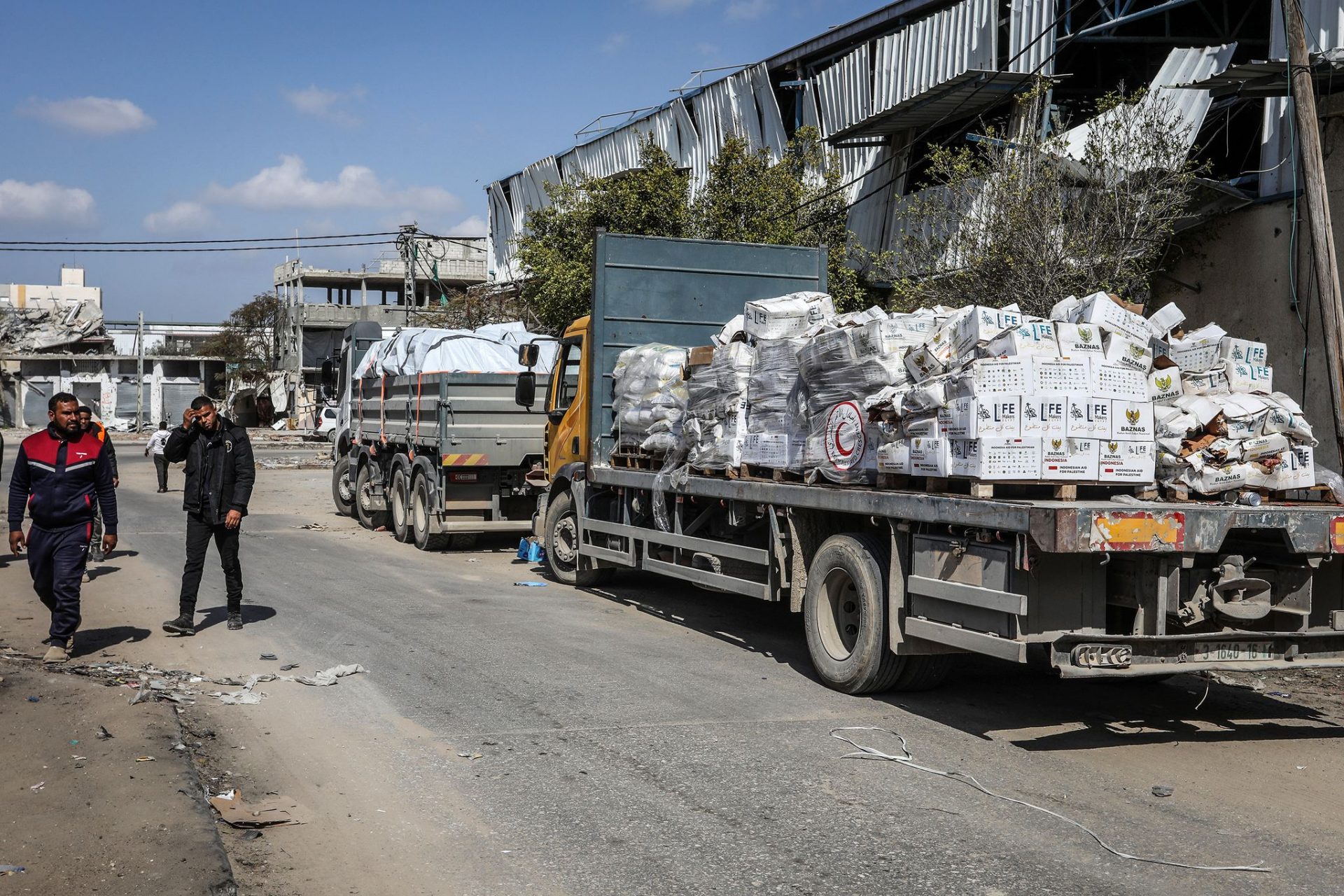
What to do about Bibi?
The EU is also divided about Israel’s government’s role in the conflict and that of Prime Minister Benjamin Netanyahu. These divisions have often forced the EU to rely on statements from the High Representative or individual member states, rather than unified EU positions, limiting the bloc’s effectiveness as a political actor.
Germany, for example, has long been unwavering in its support, but slowly moved towards a more nuanced position, stressing its concerns for the suffering of the civilian population in Gaza. In August 2025, the German government made a significant change of course when it announced that it would no longer approve exports of military equipment that could be used in the Gaza war.
Spain holds Israel’s government more at arm’s length. Prime Minister Sánchez stressed that what has been achieved is a ceasefire and now it must be consolidated in order to achieve a definitive peace.
He therefore pointed out that the measures approved by his government against Israel, such as the arms embargo, remain in place because for the moment there is only a ceasefire.
“We are going to maintain this embargo until this whole process is consolidated and definitively on the path to lasting peace,” he said. Similarly, he warned that peace cannot mean forgetting or impunity for those who are facing international justice proceedings, such as Netanyahu.
Other countries, like Hungary and the Czech Republic, have blocked or diluted EU positions critical of Israel, aligning more closely with US and Israeli policies and showing reluctance to recognise Palestinian statehood.
This article is an ENR Key Story. The content is based on information published by ENR participating agencies.
